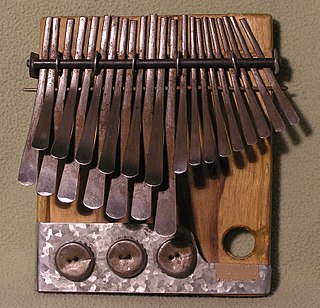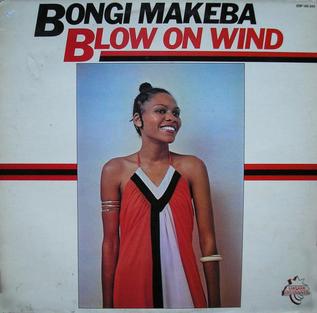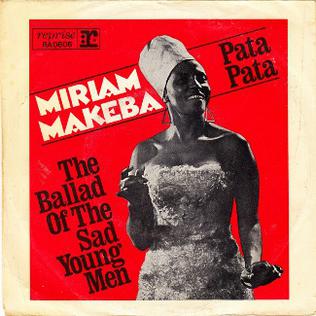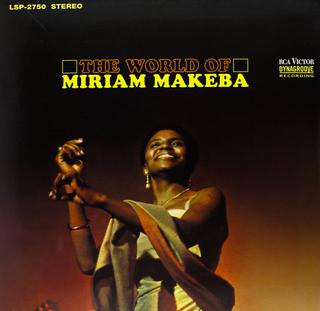This page is based on this
Wikipedia article Text is available under the
CC BY-SA 4.0 license; additional terms may apply.
Images, videos and audio are available under their respective licenses.

The traditional music of Africa, given the vastness of the continent, is historically ancient, rich and diverse, with different regions and nations of Africa having many distinct musical traditions. Music in Africa is very important when it comes to religion. Songs and music are used in rituals and religious ceremonies, to pass down stories from generation to generation, as well as to sing and dance to.
Little Boy was the codename of the atomic bomb dropped on Hiroshima

Zenzile Miriam Makeba, nicknamed Mama Africa, was a South African singer, songwriter, actress, United Nations goodwill ambassador, and civil rights activist. Associated with musical genres including Afropop, jazz, and world music, she was an advocate against apartheid and white-minority government in South Africa.

Bongi Makeba was a South African singer/songwriter. She was the only child of singer Miriam Makeba with her first husband, James Kubay.
Africa is the world's second largest continent.

"Pata Pata" is an Afro-pop dance song popularized internationally by South African singer Miriam Makeba. "Pata Pata" is credited to Makeba and Jerry Ragovoy. Her most popular recording of "Pata Pata" was recorded and released in the United States in 1967. The song is considered by many to be Makeba's signature hit and it has since been recorded by many artists.

Welela is a Miriam Makeba album mixed at Condulmer Recording Studios in Venice, Italy by Allan Goldberg of Phonocomp in 1989, except for "Pata Pata" which was mixed at Psycho Studio in Milan, February 1990.

An Evening with Belafonte/Makeba is a Grammy Award-winning 1965 album by Harry Belafonte and Miriam Makeba. It was the second outcome of the long lasting collaboration between Belafonte and Makeba, the first being the appearance of Makeba in the song "Just One More Dance" on Belafonte's 1960 album, Belafonte Returns to Carnegie Hall.

Miriam Makeba is a self-titled, debut album by Miriam Makeba. It was released in 1960 on the RCA Victor label.
Pata Pata is a 1967 album by Miriam Makeba. The album charted at number 74 in the US albums chart. Most of the recordings were new, though Sivuca's "Maria Fulo" was included again, from the previous album All About Miriam.

The Many Voices of Miriam Makeba is a 1962 studio album of Miriam Makeba.

The World of Miriam Makeba is the 1963 third LP album of Miriam Makeba. It charted at #86 on the US album chart. Hugh Masekela was credited as the conductor.
The Voice of Africa is the 1964 fourth album of Miriam Makeba. It charted at #122 on the US album chart.
Makeba Sings! is the fifth album of Miriam Makeba, released in 1965. The album charted at number 74 in the US album chart.

Reflections is the 2004 final studio album of Miriam Makeba. It won three prizes at the South African Music Awards in 2004.

Sing Me a Song is a 1994 album by Miriam Makeba. It was her first album recorded in South Africa, in a studio in Mmabatho, Bophuthatswana.
Keep Me in Mind is a 1970 album by Miriam Makeba.The album juxtaposes Makeba's own compositions, and one "Lumumba" by her daughter Bongi, with songs by Stephen Stills, Van Morrison, Lennon-McCartney and John Fogerty.
Miriam Makeba & Bongi is a 1975 album by Miriam Makeba, released by Editions Syliphone Conakry.













